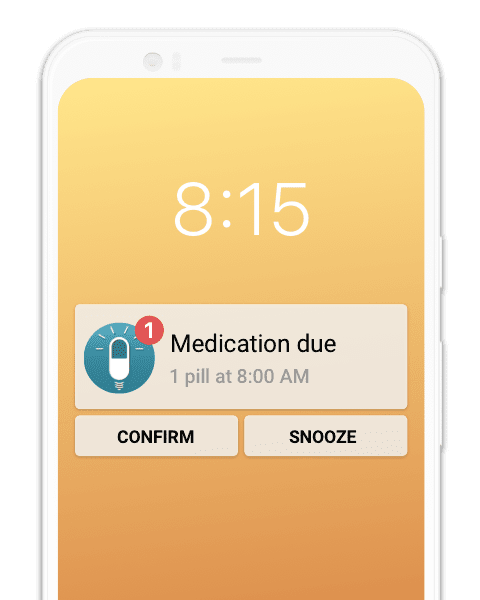Ranitidine is a medicine that reduces the amount of acid in your stomach. It was used for indigestion, heartburn and acid reflux, gastro-oesophageal reflux disease. It was also used to prevent as well as treat stomach ulcers. It was given orally, injection into a muscle, or injection into a vein.
This article was first published on 7th September 2021.
What is Ranitidine?
Ranitidine was primarily prescribed by doctors for short-term treatment, such as for GERD (gastroesophageal reflux disease). It was also used as a part of combination therapy, meaning you would take other medicines with Ranitidine. Other drugs in this category are Cimetidine, Nizatidine, and Famotidine.
Ranitidine was discovered in 1976 . It was approved by the FDA in 1984. Throughout the years, Ranitidine has been quite popular in the US with nearly 16 million prescriptions.
What was Ranitidine used for?
Ranitidine belongs to a group of drugs called histamine-2 blockers. It's primary use is to reduce the amount of acid your stomach produces. It does this by blocking histamine, a chemical in your body that’s responsible for activating the acid pumps inside your stomach. Previously, Zantac was prescribed to treat conditions in which the stomach produces too much acid, such as Zollinger-Ellison syndrome and GERD.
Usually, acid is produced in your stomach to aid digestion when you eat food. Excessive amounts of acid can irritate the stomach, causing inflammation, ulcers and other conditions. Ranitidine works by reducing the amount of acid produced by your stomach. This helps to relieve symptoms and assist the healing process where damage has already occurred.
However, Ranitidine is not currently available in the US, UK or globally. It has been discontinued as a precaution as there are concerns that it may contain a small amount of an impurity that has been linked to an increased risk of cancer in animals.
Why was Ranitidine recalled?
In 2020, it was decided that Ranitidine should be recalled. The FDA made a request for withdrawing all prescriptions and over the counter Ranitidine drugs. The reason for the Ranitidine recall was due to an impurity found in Ranitidine products that may result in fatal medical conditions, such as cancer.
Ultimately, it is the FDA's responsibility to decide whether drug's on the market have higher benefits than risks. After finding a cancer-causing impurity in various Ranitidine medications which increase when Ranitidine is stored at high temperatures, FDA decided to withdraw all Ranitidine medication in the market in early 2020.
The impurity that was discovered in Ranitidine was NDMA (N-Nitrosodimethylamine). NDMA can result in cancer when humans consume it for a long period. As per the statement from the FDA, the levels of the impurity in the drug elevate at temperatures higher than normal room temperature. Since the impurity level of the drug is high, the FDA doesn’t want this product to reach consumers at all.
A similar circumstance occurred with a medication called Valsartan. Valsartan as well as other BP meds and ARBs were recalled in July 2018, due to being contaminated by chemicals considered to be probable human carcinogens. A carcinogen is a substance capable of causing cancer. You can read more here Valsartan recall for further information about the Valsartan recall.
If you would like to keep track of the latest updates of the Zantac recall and lawsuit, you can via the Drugwatch website:
Side effects of Ranitidine (Zantac)
Every medication has the possibility of side effects, but Ranitidine (Zantac) is quite harmful due to the high levels of NDMA (Nitrosodimethylamine). The FDA has put a restriction on Ranitidine because continuous use of the drug by people may result in the following:
- Stomach Cancer
- Colorectal cancer
- Cancer in large and small intestines
- Kidney Cancer
- Esophageal Cancer
- Liver Cancer
- Bladder Cancer
- Pancreatic Cancer
- Prostate Cancer
- Breast Cancer
Individuals that took ranitidine also suffered from headaches, diarrhea, nausea, constipation, and stomach ache. However, these effects were not classed as severe.
If symptoms do not go, or in some cases worsen e.g. you have a abnormal heartbeat, please contact your doctor immediately.
Take a look at some of the other posts on the MyTherapy blog:
Valsartan Recall: Latest News About Hypertension Drugs Recalled by FDA & EMA
Hypertension Drug Valsartan Recalled – Find out What It Means for You
While we hope the information in this blog post is useful, please do not use it as a replacement for professional advice. If you have any concerns regarding your treatment, speak to your doctor, pharmacist, or healthcare professional.



